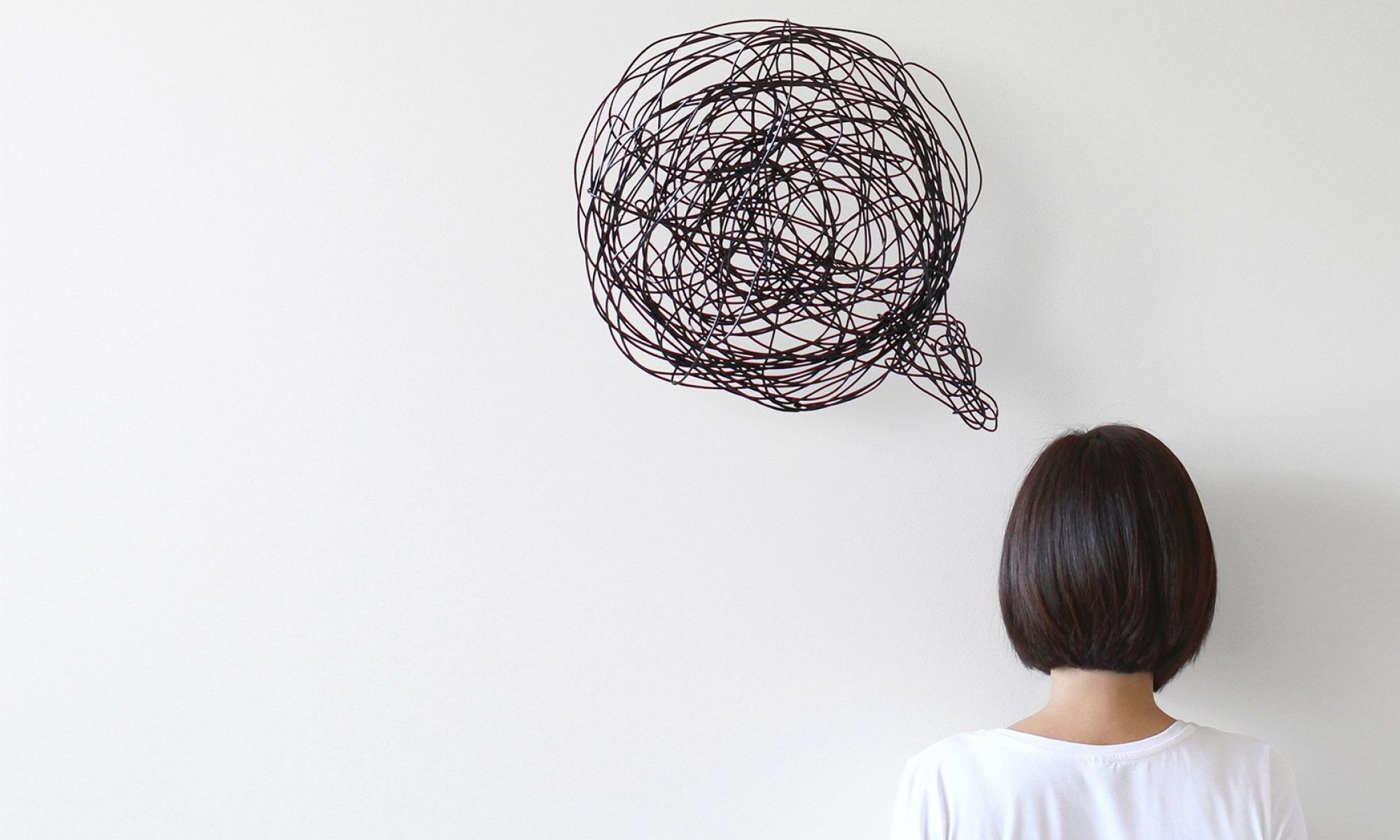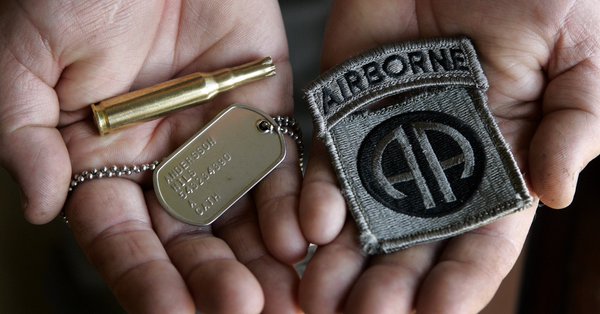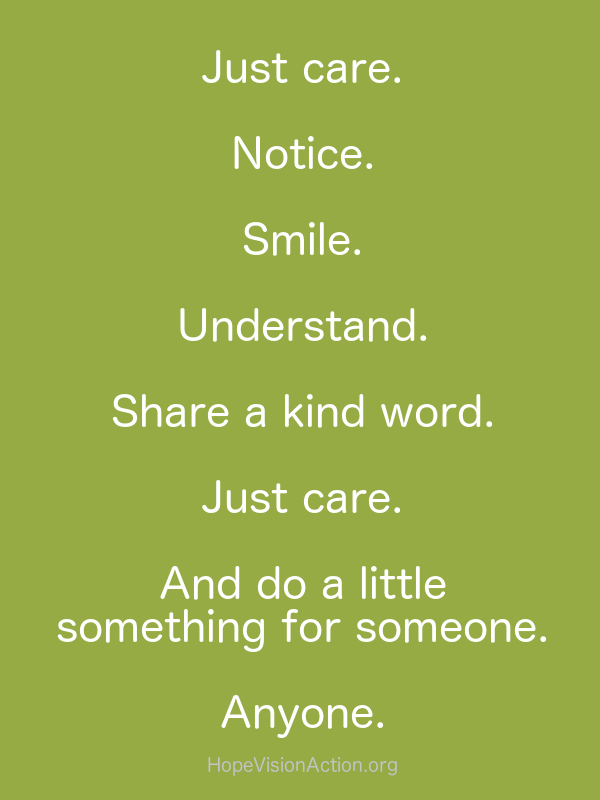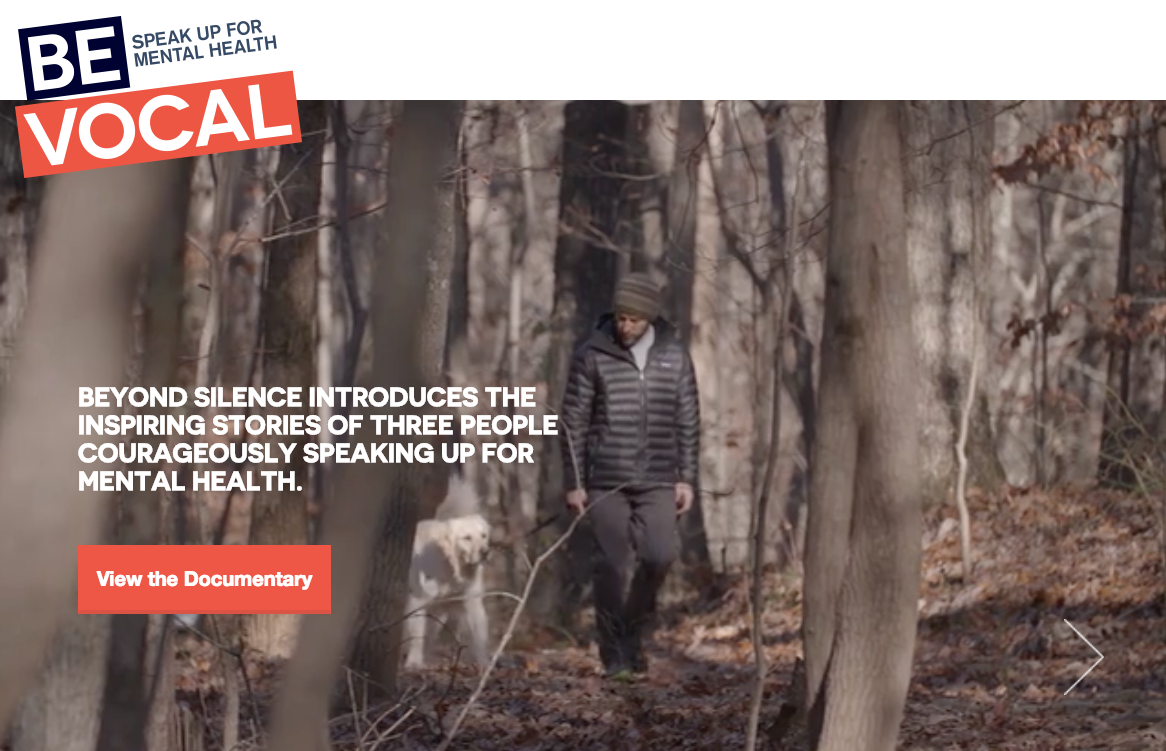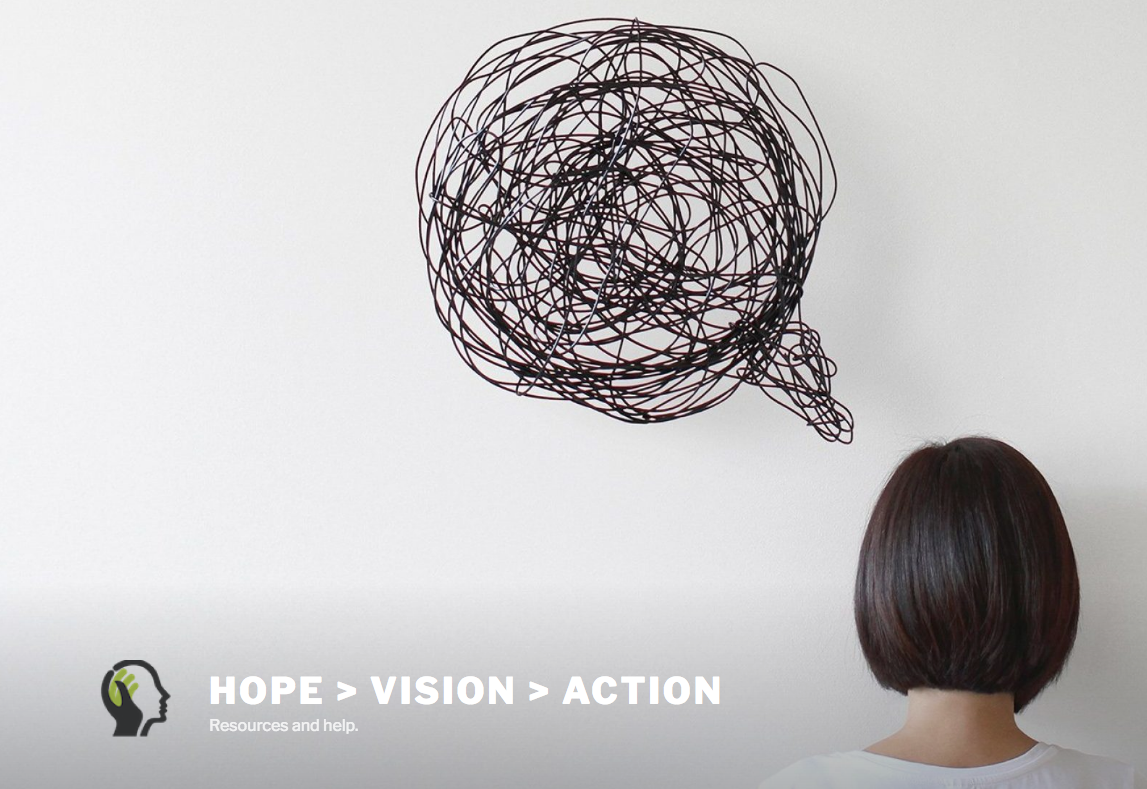Serotonin acts as a neurotransmitter, a type of chemical that helps relay signals from one area of the brain to another…it is believed to influence a variety of psychological and other body functions. This includes cells related to mood, sexual desire and function, appetite, sleep, memory and learning, temperature regulation and some behavior. -WebMD
While serotonin is a chemical frequently associated with depression, most people aren’t aware of the numerous functions of this brain chemical (hence, the quote). Most people also are not aware of the fact that serotonin can be reproduced without pharmaceuticals – drugs only made available via doctor prescription, and can have nasty side effects.
The fact that we can naturally increase this vital brain chemical should be considered exciting! Many ailments, acute and chronic, are believed to be due – at least in part – to low levels of serotonin in the brain. We encourage our reader to use this valuable knowledge included in this article to enhance their physical and mental health.
HERE ARE 5 WAYS TO INCREASE SEROTONIN IN THE BRAIN:
Related article: 10 Ways To Increase The Dopamine In Your Brain
1. GET SOME 5-HTP
This little “hack” is a terrific way to help ward off the blues. Formally called 5-Hydroxytryptophan, this substance has been found effective in treating anxiety, depression, fibromyalgia, insomnia and hypertension. 5-HTP accomplishes these things by stimulating the production of the chemical serotonin.
In addition, 5-HTP has been shown to have positive effects on weight levels – a trait derived from the substance’s suppression of appetite. In a study at an Italian University, female participants who ingested 5-HTP lost an additional 10 pounds over two weeks, in contract to the placebo group who lost just two pounds over the same time period.
To realize the serotonin-boosting benefits of 5-HTP, a dosage of 100 to 400 milligrams per day – taken in multiple doses (i.e. at breakfast, lunch and dinner) – is recommended. Anticipate a time period of 4 to 6 weeks before any type of 5-HTP supplementation begins to demonstrate tangible benefits.
2. TAKE SOME B VITAMINS
Vitamin B6, in particular, aids in both the development and function of serotonin in the brain. Those prone to stress should consider supplementing their diet with a B-complex product, due to its myriad effects on brain chemicals.
Both vitamin B6 and vitamin B12 are effective in lessening depressive symptoms while inhibiting erratic neural activity in the brain. According to a study published in the American Journal of Clinical Nutrition, older adults that have been diagnosed with depression or experiencing depressive-like symptoms improved after supplementing their diets with B-vitamins.
Regular intake of a B-complex product, such as a supplement, is 50 to 100 mg daily. Those with additional symptoms, including fatigue/exhaustion or chronic stress, should consider adding a pantothenic acid – a twice-daily 250 mg dose of B5 vitamins, which is often sufficient for the alleviation of such symptoms.
3. EMBRACE THE LIGHT
Ever wonder why opening the shades on a sunny day has a distinctive way of improving our mood? Well, it may be due to the fact that our brain self-injects itself with serotonin chemicals. Even on a frigid or cool day, sunlight has a noticeable, positive affect on our mindset.
A productive and healthy practice is to briskly walk for 15 to 20 minutes at least once (or even twice) a day. Regardless of frequency, it is best to walk in the morning for two reasons: (1) we’ll burn more calories, and (2) we mentally prepare ourselves for the day ahead. Not only will our brain reward us with a kick of serotonin, we’ll burn off some calories in the process.
4. GET A MASSAGE
Massages feel really good…pretty much everybody knows this already. What most of us probably do not not know is that massages have a direct effect on our serotonin levels. Physiologically-speaking, messages are effective in reducing the stress hormone cortisol – a chemical that actively blocks the production of serotonin.
Researchers have discovered that professional massages decrease levels of cortisol by about 31 percent. When cortisol production is inhibited, our brains are in an optimal state to produce serotonin chemicals. As an added benefit, massage therapy can increase the production of the “reward and pleasure” brain chemical dopamine.
Experts are quick to point out that undergoing guided massage therapy is the premier method of boosting serotonin and dopamine levels in the brain, in addition to other sought after health benefits. However, a simple massage by a close companion will suffice for many. Those experiencing turmoil (including trauma) may be best served by consulting a licensed massage therapist, whose expertise will be invaluable in counteracting psychological stressors.
Related article: This ONE Plant Prevents Mood Swings And Balances Hormones
5. MEDITATE
Ah, yes…no “serotonin-boosting” article would be complete without the inclusion of meditation. Simply put, the proliferation of scientific studies that prove the physical and psychological benefits of meditation are mindboggling. Numerous forms of meditative practices exist, and all of them are beneficial in increasing the production of serotonin.
Perhaps the most impactful form of meditation on serotonin levels is Transcendental Meditation, or TM. Researchers believe that TM is a powerful stimulant on serotonin levels due to elevation of one of serotonin’s building blocks: 5-HIAA. Science has discovered a direct correlation between increasing concentrations of 5-HIAA and elevated serotonin levels in the brain.
Similar to massage therapy, meditation reduces the levels of cortisol in the brain. Additionally, meditation is particularly adept at invoking a relaxed response in the brain while suppressing the brain’s natural “fight or flight” reaction.
Mindfulness-based stress reduction (MBSR) is another meditative type linked to elevating levels of serotonin, partially because MBSR further sensitizes serotonergic receptors, an important variable chemically in the production of serotonin. Interestingly, MBSR is the meditative technique promoted to military personnel that have been exposed to Post-Traumatic Stress Disorder (PTSD).
